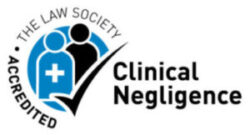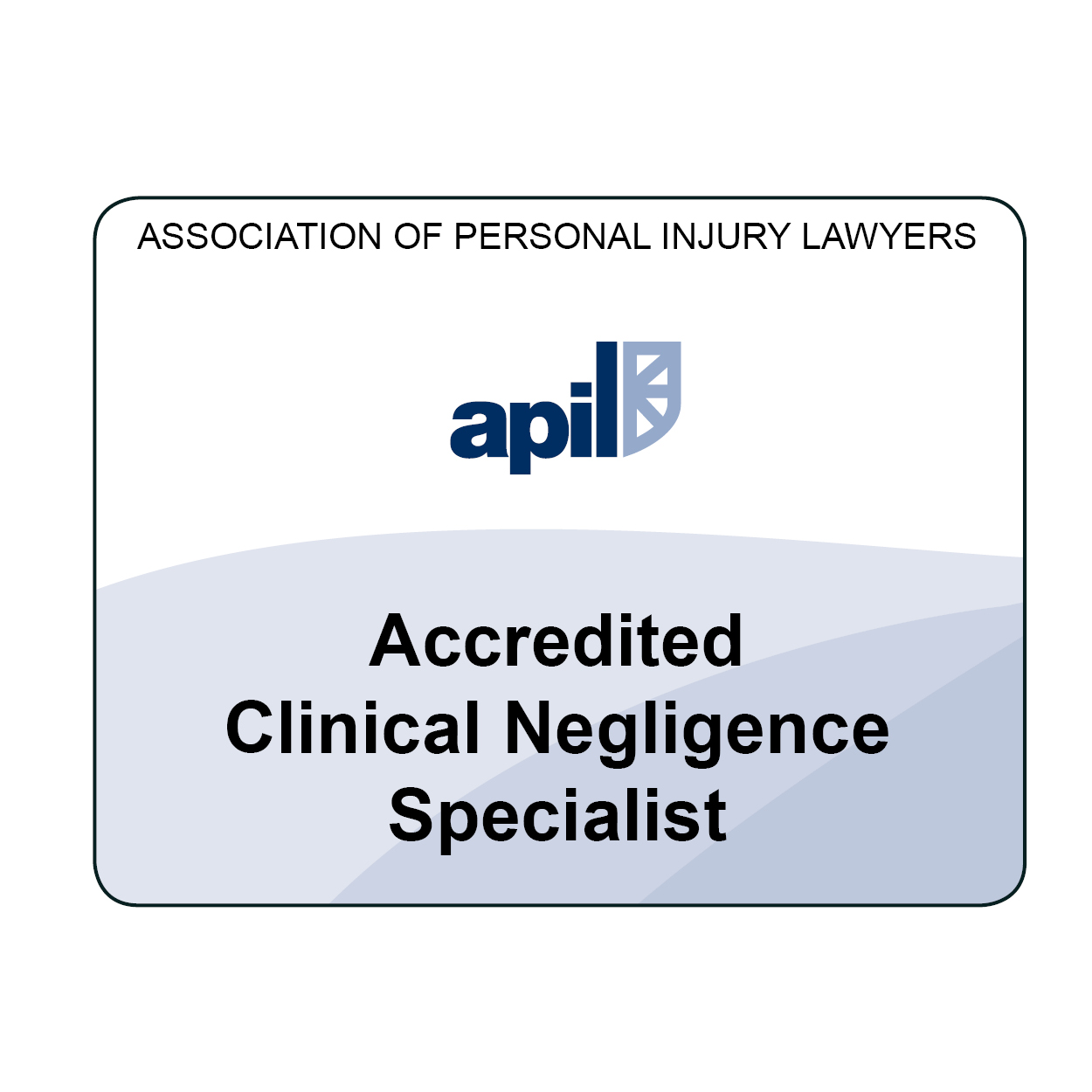Blackwater Law medical negligence solicitors represented Mr Shaw after doctors ignored a blood test which led to necrotising fasciitis and sepsis.

Martha’s Rule is a new NHS initiative empowering patients and families in critical situations. From April 2024, it will be initially adopted in 100 English Hospitals as part of the nationwide rollout.
What is Martha’s Rule?
Martha’s Rule is a proposed healthcare protocol designed to empower patients and families when their concerns are not being addressed. It seeks to address a tragic issue: the potential for vital concerns to be overlooked in hospitals, leading to devastating consequences. Named after Martha Mills, a 13-year-old who died of sepsis in 2021 despite her parents’ concerns, the rule aims to prevent similar tragedies from happening again.
What happened to Martha Mills?
Martha Mills, a seemingly healthy teenager, tragically passed away from undiagnosed sepsis during a hospital stay. Her parents, Merope and Paul Mills expressed serious concerns about their daughter’s deteriorating condition but felt their voices were not heard. This heartbreaking story ignited a national conversation about patient safety and communication within the NHS.

When will Martha’s Rule come into law?
The NHS has committed to implementing Martha’s Rule across hospitals in England. Whilst an official date hasn’t been announced yet, discussions and planning are underway to ensure its successful rollout. From April 2024, it will be initially adopted in 100 English Hospitals as part of the nationwide rollout. The government has expressed strong support, and healthcare professionals are actively engaged in the process.
How would Martha’s Rule work?
The core principle of Martha’s Rule is a patient-activated escalation system. This means:
- Patients and families will have a direct line to a dedicated clinical review team.
- They can trigger an independent assessment if they have serious concerns about a patient’s condition, even if the current care team disagrees.
- The review team will promptly assess the situation and recommend appropriate action.
- Clear communication and transparency throughout the process are crucial.
Latest Articles
How will Martha’s Rule help patients?
Martha’s Rule offers several potential benefits for patients and families:
- Empowerment: Patients and families gain a powerful advocacy tool for their loved ones.
- Improved safety: Early intervention and timely response to concerns can prevent serious complications and deaths.
- Enhanced communication: Clear channels for voicing concerns can improve trust and collaboration between patients, families, and healthcare professionals.
- Reduced anxiety and stress: Knowing they have a voice can relieve stress and anxiety for patients and families.
The NHS aims to create a safer, more patient-centred environment by implementing Martha’s Rule. This innovative approach has the potential to save lives, empower individuals, and rebuild trust in the healthcare system.
Making a sepsis clinical negligence or misdiagnosis claim
If you are concerned about a delayed or inaccurate sepsis diagnosis, Blackwater Law medical negligence solicitors may be able to help you make a sepsis negligence claim to help secure support for your loved one(s).
Speak to one of the team today for free initial advice and support towards your case, with no obligation to proceed if you decide it’s not the right option for you.






